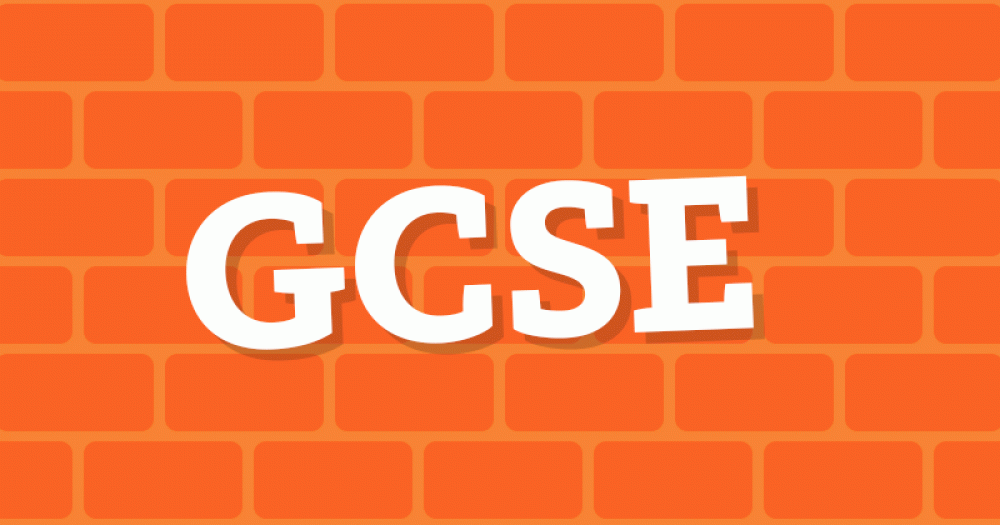The 2016 GCSE results are out and show a sharp fall of 2.1 percentage points in the pass rate, down to 66.9 per cent for A*-C grades.
The number of A* grades alone declined by 0.1 percentage points and A*-A grades fell by 0.7 to 20.5 per cent.
The drop has been linked to the number of forced English and maths GCSE resits among 17-year-olds, who were required to take the exams again if not achieving a C grade in previous years.
However, grades also dropped among 16 year olds.
Statistics for school leavers show A*-C grades were down 1.3 percentage points to 69.5, A* results were down by 0.1 percentage points and A*-A by 0.6 percentage points.
English and maths peformance solid for 16-year-olds
In English and maths, 16 year olds held up well against the overall pass rates.
Outcomes in maths for all candidates decreased by 2.3 percentage points at A*-C – but for 16-year-olds the proportion achieving A*-C increased by 1.4 percentage points.
It is believed the boost in grades of 16-year-olds can be attributed to fewer early entries at 15 years old, after changes that discouraged schools from entering pupils early.
In English, A*-C grades declined overall by 5.2 percentage points to 60.2 per cent, though the proportion of A*s actually rose by 0.2 points to 3.3 per cent.
The overall drop at C grade is largely down to 17-year-olds resitting the subject – this group saw a 8.2 percentage point drop at A*-C – and middle ability 16-year-old students switching to take the IGCSE instead.
Both English and maths saw a decline in the number of entries for 16-year-olds but a significant increase in the number of entries from students aged 17 and older.
Geography and history hit by declining pass rates
A further trend was the change in geography and history. Entries were up by 7 per cent and 5.5 per cent respectively, but a fall in outcomes suggests students with a wider range of abilities are tackling these subjects, prompted by changes to the performance tables encouraging schools to enter pupils for these subjects.
Performance in geography fell by 2.8 percentage points, while history was hit with a drop of 3 percentage points at A*-C.
Modern foreign languages results are down
In modern foreign languages Spanish stood out due to an increase in entries of 2.1 per cent, despite the overall population decrease of 3.1 per cent since 2015.
Spanish entries have risen by a huge 27.6 per cent in the past five years, while French and German have declined 8.1 per cent and 7 per cent respectively since last year.
At A*-C, Spanish saw the biggest drop of 2.3 percentage points, down to 70.9 per cent. As with geography and history, this may be due to a more varied range of abilities amongst students taking the subject since entry numbers have increased.
French A*-C passes were down by 1.1 percentage points to 69.7 per cent, and German declined 0.6 percentage points to 74 per cent.
Congratulations to students
Commenting on this year’s GCSE results, Michael Turner, director general of the Joint Council for Qualifications, said: “There is significant movement in this year’s entries, which impacts on results and creates a very complex national picture.
“We see shifts not only between subjects, but also across qualifications and year groups. This is driven by several factors, including performance measures and resit policies in England.”
He added: “I would like to offer huge congratulations to all students picking up their results today.
“It is also important to congratulate and thank their teachers, tens of thousands of whom each year use their expertise to mark millions of examinations papers.”


Your thoughts